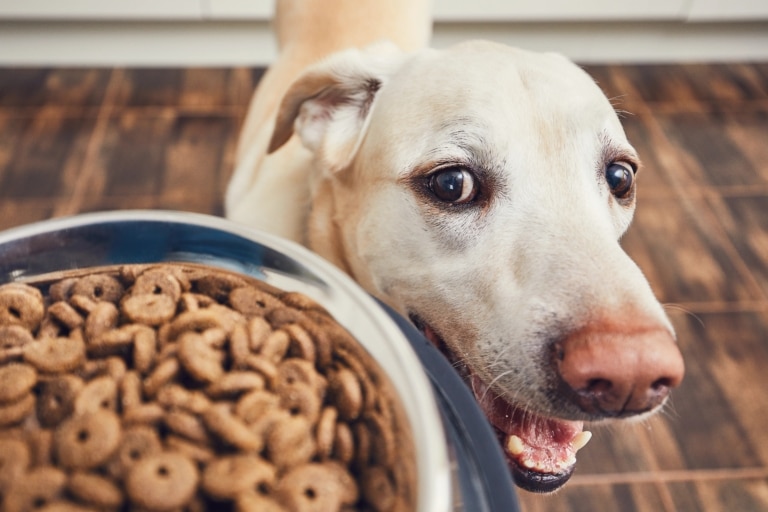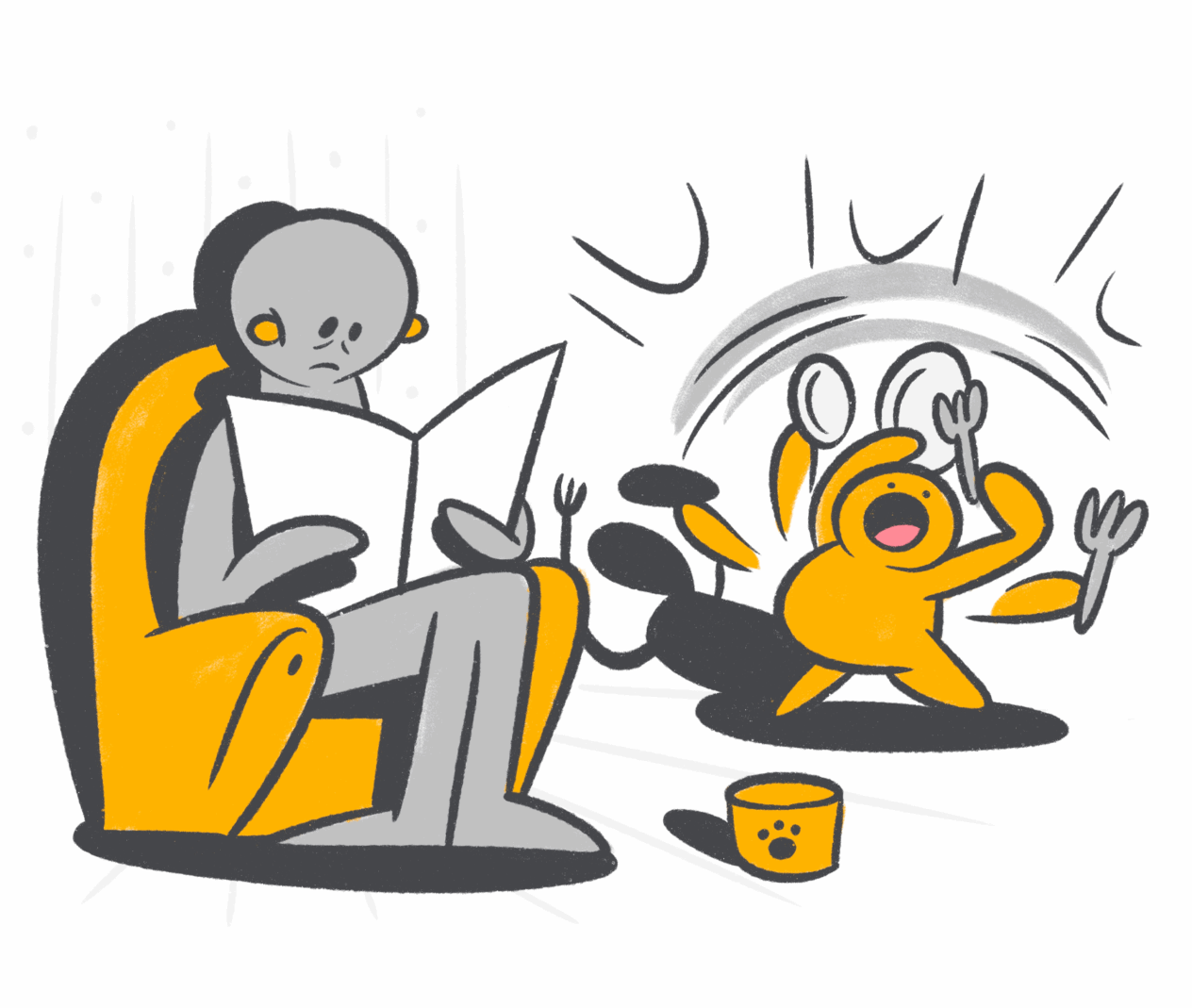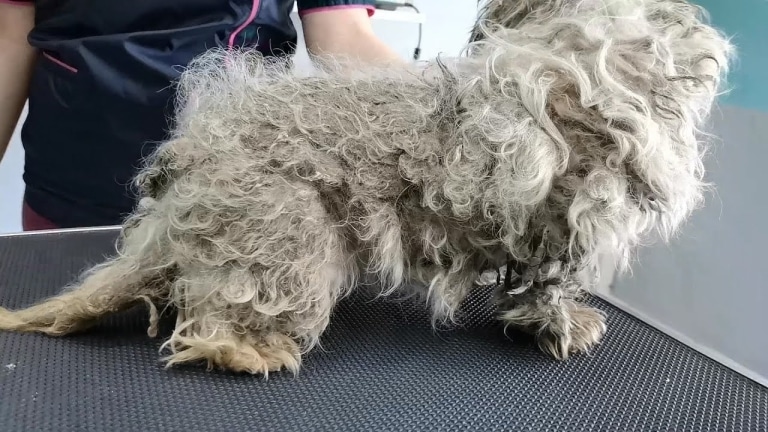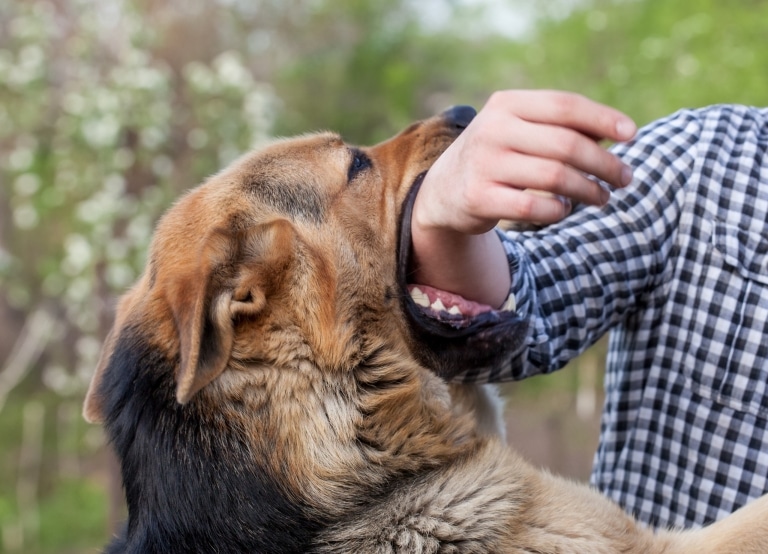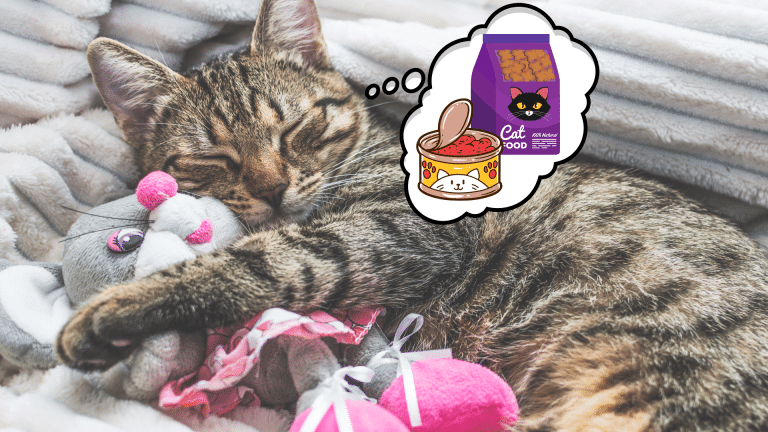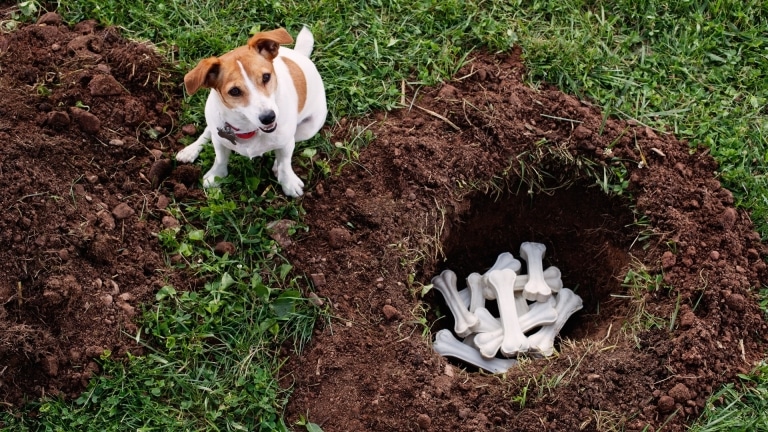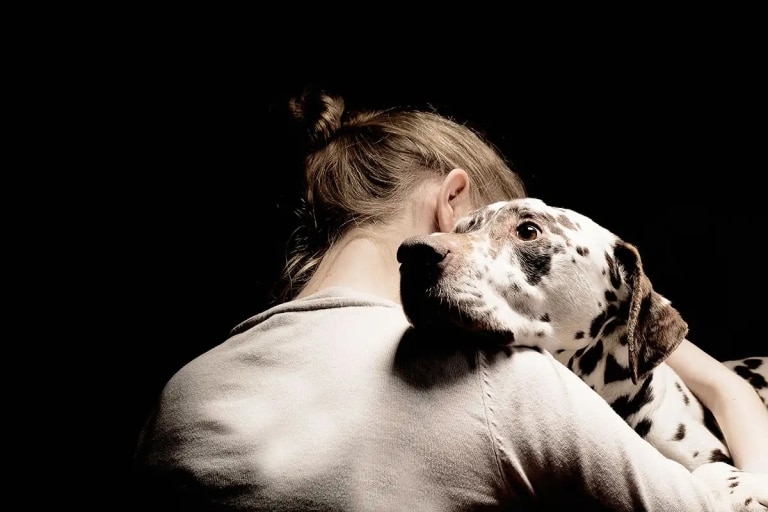Scientific explanation
Many owners notice that their dogs act as if they are constantly hungry. Scientifically speaking, there are several reasons for this. First, dogs have a well-developed hunting instinct: in nature, they never knew when the next prey would appear, so the habit of eating “in reserve” is genetic. Secondly, dogs have very sensitive olfactory receptors. The smell of food stimulates the brain and causes a feeling of hunger even when the stomach is already full. Thirdly, hormones play an important role, in particular ghrelin, which is responsible for appetite. Some breeds can have consistently higher levels of this hormone, which is why they always seem hungry. Additionally, the habit of reinforcement also influences – if the dog often receives tasty treats “just for fun”, he will internalize that asking for food is always profitable.
Behavior and psychology
For dogs, food is not only a physical need, but also a way to get their owner’s attention. Some dogs learn quickly that pleading at the table or giving a pitying look gets results. In this case, we are not dealing with real hunger, but with a behavioral habit. This is especially pronounced in Labradors and Beagles, which gene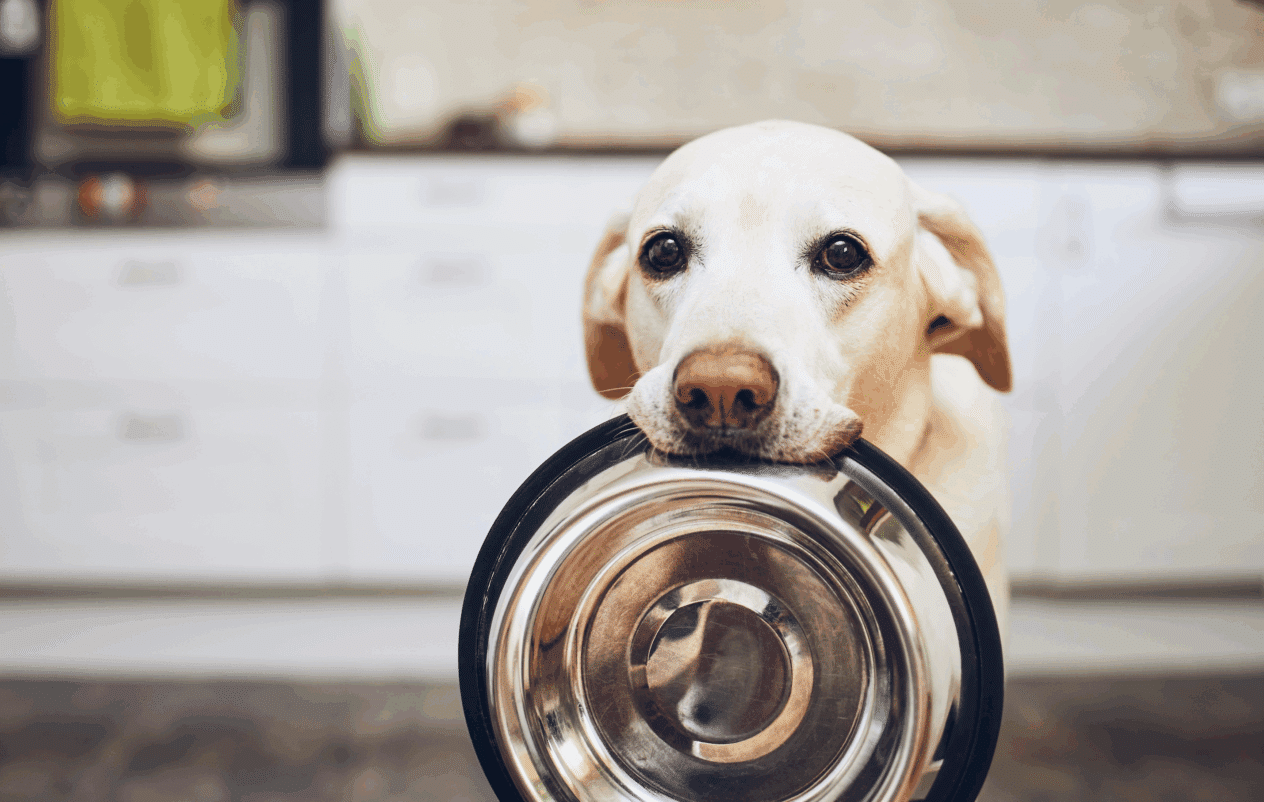 ethically inclined to the constant search for food.
ethically inclined to the constant search for food.
It is worth giving in to “perpetual hunger”
Constantly feeding in response to a request can lead to obesity, joint problems, heart problems and shorten a dog’s lifespan. A pet’s body is much healthier when feeding is clearly regimented. It is important to stick to the recommended portions, which depend on the dog’s weight, age, activity and health.
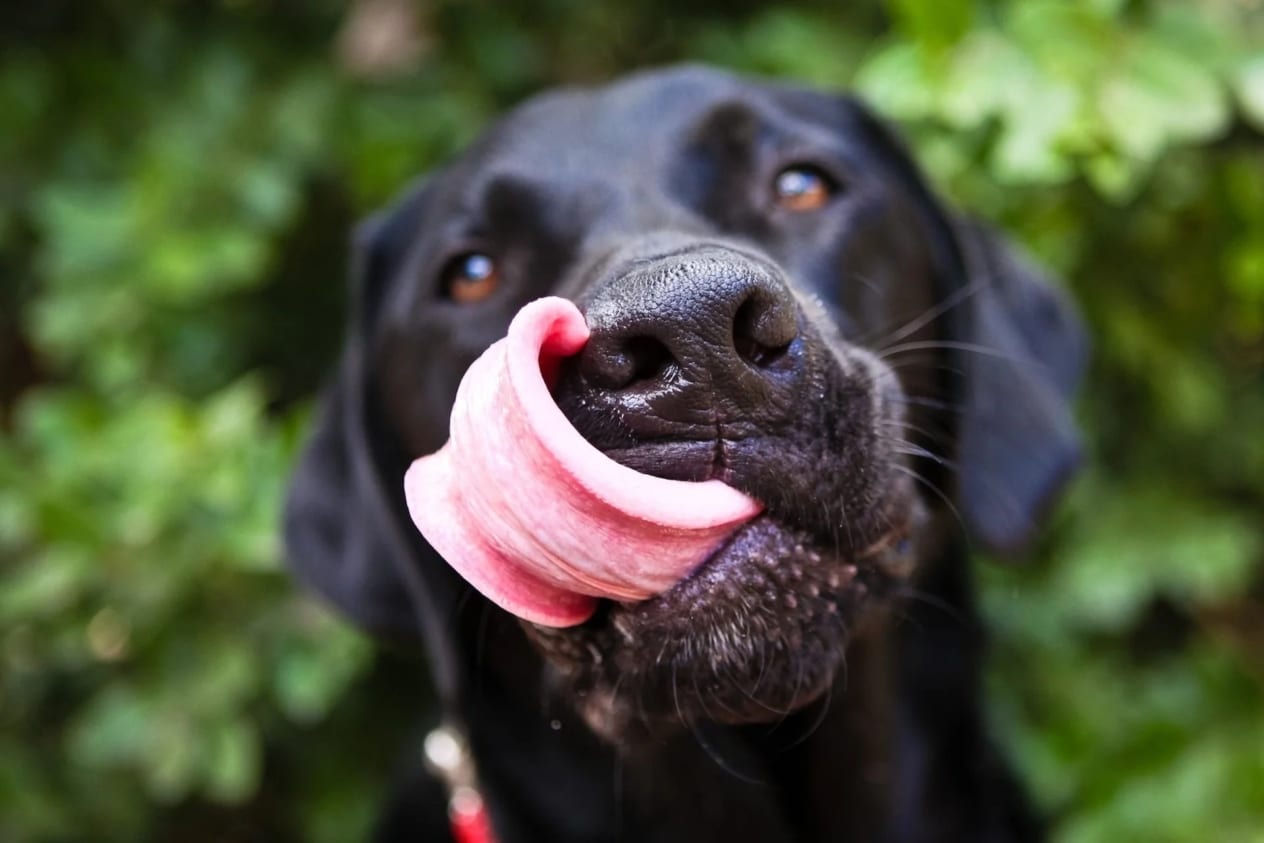
What an owner should do
The best solution is to feed the dog regularly at a certain time and do not give in to manipulation. If the dog asks for food between meals, you can give him an alternative: a puzzle toy with a small amount of food, a long walk or a game. It is worth ensuring that all family members follow the same rules and do not feed the dog from the table. If the dog’s hunger is excessive and accompanied by weight loss or behavioral changes, it may be a sign of endocrine or gastrointestinal disease, in which case veterinary advice is needed.
Conclusion
Dogs often appear “perpetually hungry” due to instincts, sense of smell, hormones and habits, but they do not experience real hunger when fed properly. The owner should remain consistent: feed the animal according to the regimen, give enough activity and do not confuse requests for food with real needs.

